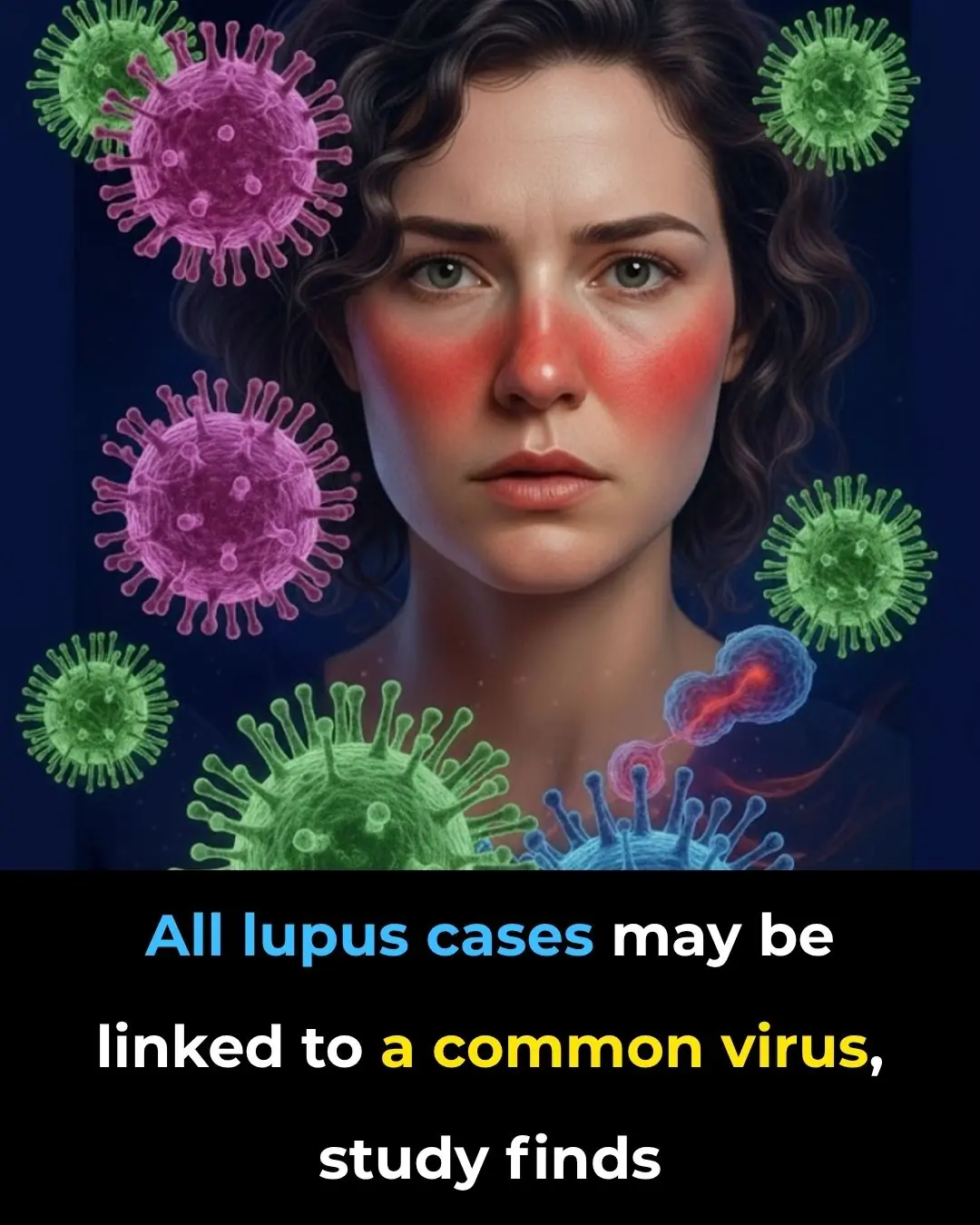
This new million-person study just changed what we know about cholesterol and dementia

Have you ever wondered whether the very medications designed to protect your heart might secretly be harming your brain? It’s a common fear—especially with the mixed messages circulating online about cholesterol. After all, your brain contains nearly 20% of the cholesterol in your entire body, and this cholesterol is essential for neuron communication, memory formation, and overall cognitive function. So it’s reasonable to ask: If you lower your blood cholesterol, could you be depriving your brain of something vital?
A groundbreaking study involving over one million people is finally cutting through the confusion. Its findings offer some of the clearest insights yet into how cholesterol, cholesterol-lowering medications, and long-term brain health are connected. The results are not only surprising—they’re deeply encouraging.
In this expanded guide, we will explore the science behind cholesterol and the brain, unpack the controversies surrounding statins, and lay out practical steps you can take now to protect your cognitive health. Inspired by the insights of Dr. Brad Stanfield, this article focuses on building a long-term, dementia-resistant brain—not just through cholesterol management, but through a holistic, research-backed approach.
Key Takeaways
-
Your Brain Makes Its Own Cholesterol: Cholesterol in the brain is produced locally, meaning lowering your blood cholesterol through diet won’t deprive your brain of what it needs.
-
Long-Term Statin Use Appears Protective: While short-term trials show mixed results, long-term observational data and new genetic studies strongly suggest that statins may reduce dementia risk.
-
Midlife LDL Levels Matter: Managing cholesterol in your 40s and 50s has powerful effects on your cognitive health decades later.
-
Dementia Prevention Is Multifactorial: Beyond cholesterol, factors like hearing, vision, mental health, and cognitive stimulation play major roles in protecting the brain.
1. The Cholesterol Conundrum: Friend or Foe to Your Brain?
Let’s begin with the core concern: Does lowering cholesterol harm your brain?
Cholesterol is fundamental for neuron function. It helps create the myelin sheath—the protective covering that allows electrical signals to travel quickly through the brain. Without sufficient cholesterol, your brain simply cannot operate efficiently.
Here’s the critical point: cholesterol does not cross the blood–brain barrier. This barrier works like a security gate, keeping the brain’s internal environment stable. Because of this, the cholesterol circulating in your bloodstream has no direct influence on the cholesterol inside your brain.
That means if you lower your LDL through diet, exercise, or lifestyle changes, you are not depriving your brain of its needed cholesterol. The brain makes its own supply, and it tightly regulates its cholesterol levels independently of what happens in the rest of your body.
This clears up a major misconception—and provides reassurance for anyone making heart-healthy changes to their lifestyle.
2. Statins and Your Brain: Unraveling the Controversy
The story becomes more nuanced when we consider statins, one of the most widely prescribed drug classes in the world.
Early on, reports surfaced of patients experiencing memory lapses while taking certain statins. While these cases often resolved when the medication was stopped, they sparked widespread fear that statins might impair cognitive function.
However, when researchers examined the issue using higher-quality evidence, the picture changed dramatically:
-
The PROSPER trial, which followed elderly adults for over 3 years, found no increase in cognitive decline among statin users.
-
Another large study combining statins with PCSK9 inhibitors, which lowered LDL to extremely low levels, tracked participants for 5 years and found no negative cognitive effects.
Taken together, the most rigorous studies available today suggest that statins do not harm memory or cognition. In fact, emerging evidence points in the opposite direction.
3. Can Lowering Cholesterol Actually Prevent Dementia?
This is where things get genuinely exciting.
Large, long-term observational studies involving millions of people consistently show that statins may actually help protect the brain. A meta-analysis of 55 studies with more than 7 million participants found:
-
Statins reduced overall dementia risk by 14%.
-
People who used statins for over 3 years saw an impressive 63% reduction in dementia risk.
This makes sense when you understand how dementia develops:
-
Vascular dementia occurs when plaque buildup blocks blood flow to the brain.
-
Alzheimer’s disease involves damage from abnormal proteins—but vascular damage often accelerates the process.
Because LDL (“bad cholesterol”) drives plaque formation, reducing LDL may directly protect the brain’s blood supply. Statins also have anti-inflammatory and antioxidant effects, which may offer additional neuroprotection.
While this doesn't prove causation, the pattern across studies is strong and consistent.
4. Why Clinical Trials Show Different Results
If observational studies show huge benefits, why don’t randomized controlled trials (RCTs) show the same?
There are two major reasons:
1. Healthy User Bias
People who choose to take preventive medications often have healthier lifestyles overall.
2. The Timeframe Problem
Most RCTs last 2–5 years, but dementia develops over decades.
Research shows that your LDL levels in your 40s and 50s are strongly linked to your dementia risk in your 70s and beyond.
In other words:
Short-term trials can’t capture benefits that unfold over a lifetime.
This leads us to the most groundbreaking evidence yet.
5. The Breakthrough: What a 1-Million-Person Genetic Study Revealed
A new study using Mendelian randomization—a technique that uses genetics to mimic lifelong exposure to lower LDL—offers eye-opening insights.
It’s like observing people who have been on statins since birth.
The results:
-
Those with a statin-like genetic variant had a 76% lower risk of dementia.
-
Those with a variant mimicking ezetimibe had an 82% lower risk.
These findings provide some of the strongest evidence so far that lifelong lower LDL is dramatically protective for the brain. It suggests that long-term cholesterol management—starting in midlife or earlier—is crucial.
6. Beyond Cholesterol: Four Overlooked Dementia Risk Factors You Can Control
While cholesterol is important, dementia prevention requires a broader approach. According to the Lancet Commission, several modifiable risk factors play major roles:
1. Mental Stimulation
Your brain thrives on challenge.
Large population studies show that people with mentally stimulating careers or hobbies have a lower dementia risk.
2. Hearing Loss
Untreated hearing loss can double or even triple dementia risk.
Fortunately, hearing aids dramatically reduce this risk, making early screening essential.
3. Vision Problems
Poor vision weakens the input your brain relies on to stay active.
A meta-analysis of 6 million adults found a 47% higher dementia risk among those with uncorrected vision impairment.
4. Depression and Social Isolation
Midlife depression can double dementia risk, but treatment—whether therapy, medication, or lifestyle change—reduces that risk significantly.
Social disconnection also harms brain health, making relationships and community more important than ever.
7. Promising Supplements for Cognitive Support
Once the major lifestyle factors are addressed, a few supplements show promising early research:
-
Daily multivitamins: A large trial found improved memory and cognition—equivalent to reducing brain aging by two years.
-
Creatine: Well known for muscle performance, it also supplies energy to brain cells and may improve memory, especially in older adults.
-
TMG (Trimethylglycine): Helps lower homocysteine, an amino acid linked to higher Alzheimer’s risk, though more research is needed.
Always speak with a healthcare professional before starting any supplement.
Conclusion: Protecting Your Brain Is a Lifelong Strategy
The evidence is becoming clearer: preventing dementia is a long-term investment, not a short-term fix. Managing your cholesterol—especially your LDL—during midlife appears to be a crucial part of safeguarding your cognitive future. But cholesterol is only one piece of the puzzle.
A brain-protecting lifestyle includes:
-
staying mentally active
-
maintaining strong hearing and vision
-
managing your mental health
-
staying socially engaged
-
eating well
-
staying physically active
You have far more control over your cognitive future than you might think—and the best time to begin is now.
News in the same category

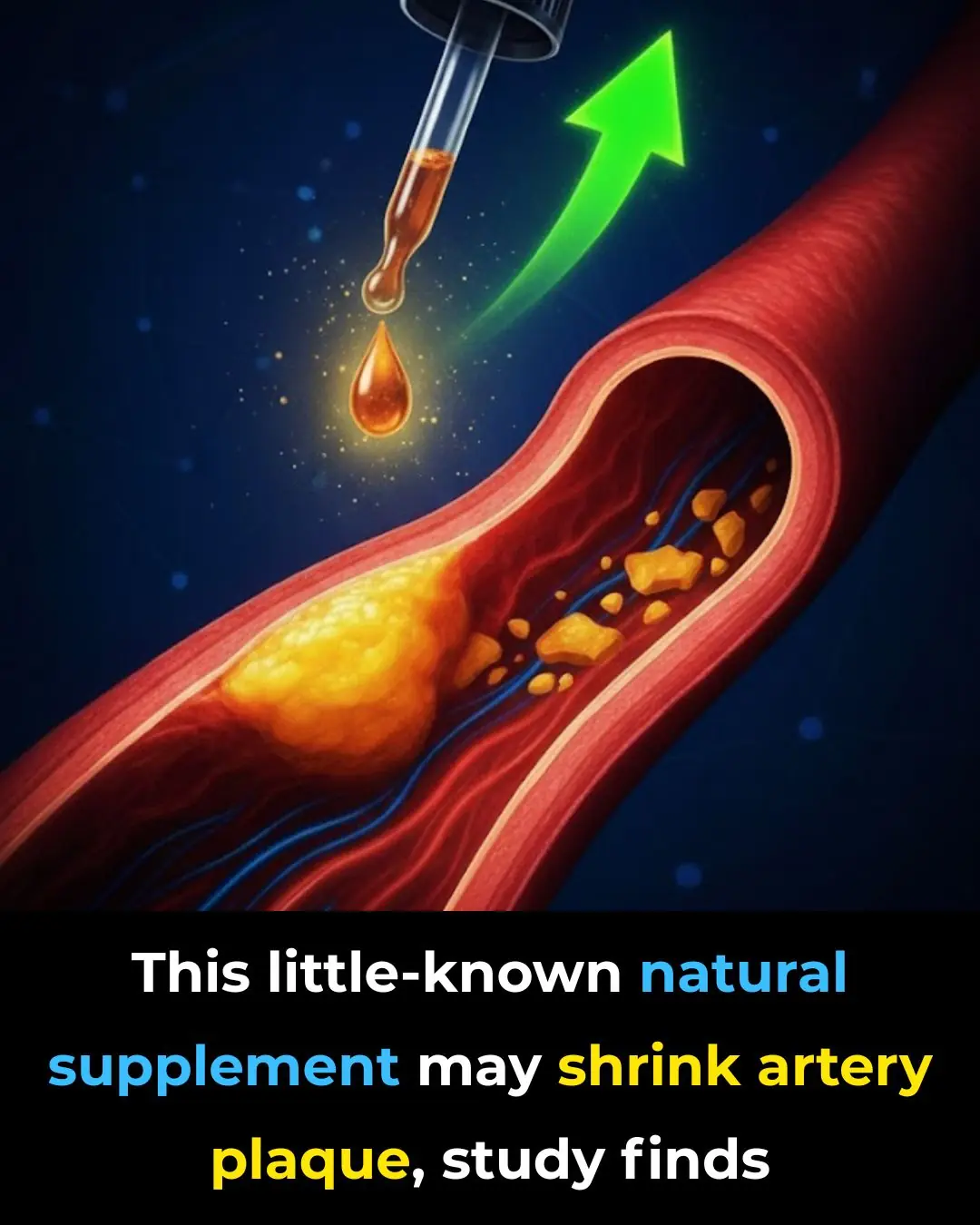
This little-known natural supplement may shrink artery plaque, study finds

How to Survive a Heart Attack When You’re Alone: Immediate Steps You Must Take!
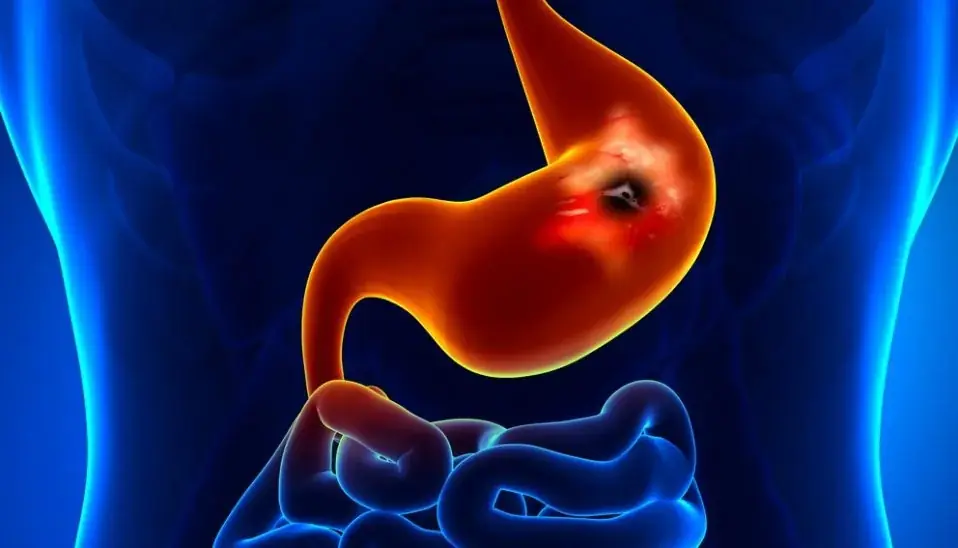
5 Early Warning Signs of Stomach Cancer: Even One Should Prompt a Medical Check-Up

THE MOST OVERLOOKED SIGNS THAT YOU’RE CONSUMING TOO MUCH SUGAR EVERY DAY
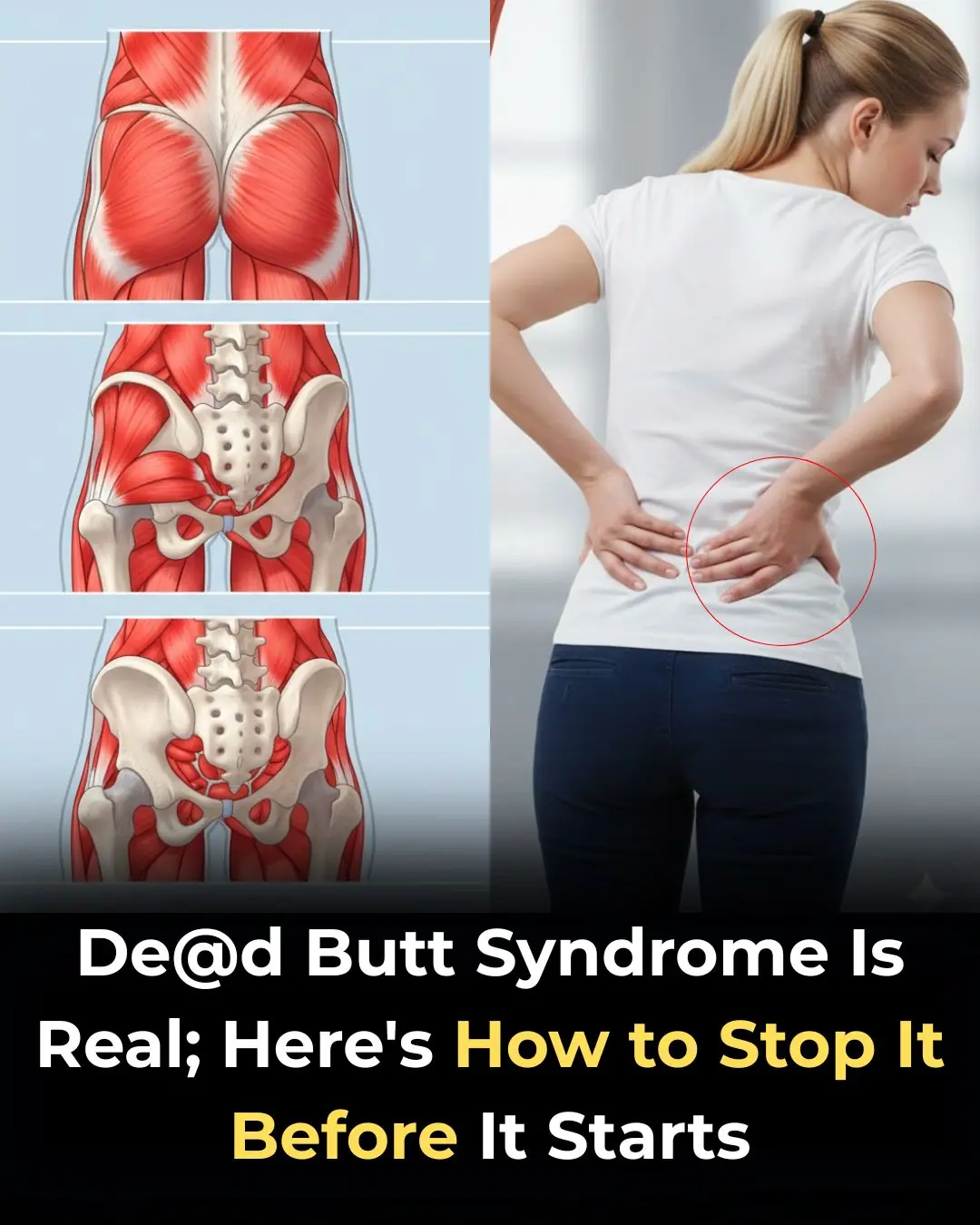
Dead Butt Syndrome Is Real
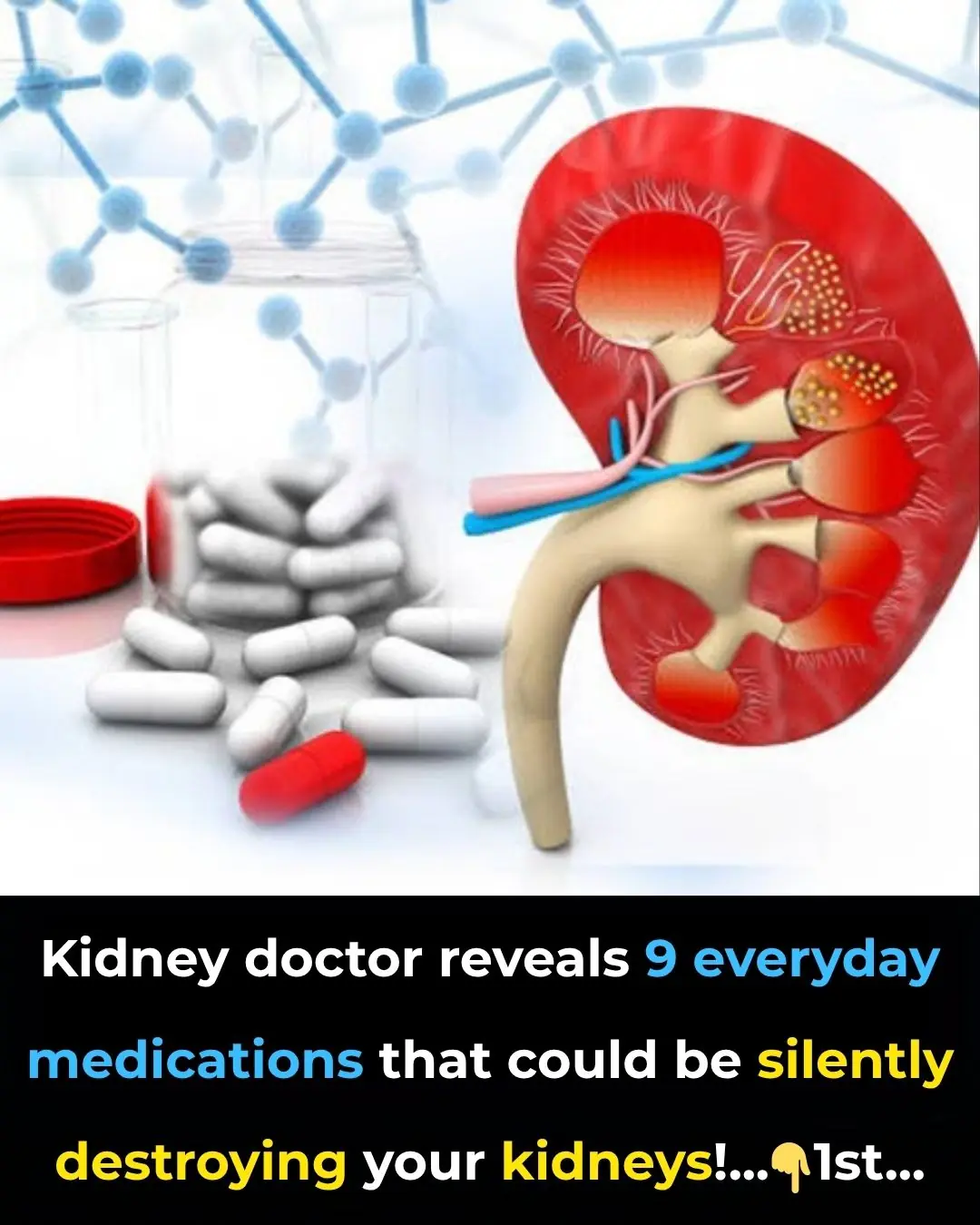
Kidney doctor reveals 9 everyday medications that could be silently destroying your kidneys!
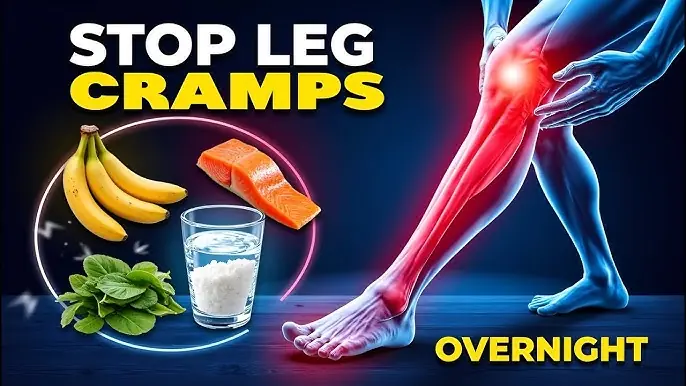
Top 3 Foods to Prevent Leg Cramps in Seniors: Strengthen Your Legs Naturally!

Drink This Twice a Day to Help Remove Uric Acid Before It Crystallizes and Causes Joint Pain

How to Use ¼ Teaspoon of Nutmeg to Fall Asleep and Soothe Insomnia Symptoms Overnight

10 Signs you are Eating Too Much Sugar

Three-Food Combo to Strengthen Your Heart

The Hidden Health Benefits of Bananas for Women

Chicken Egg, Garlic, and Honey — You’ll Thank Me for This Simple Recipe

This Syrup Will Stop a Cough Dead in its Tracks – Ginger Thyme Cough Syrup
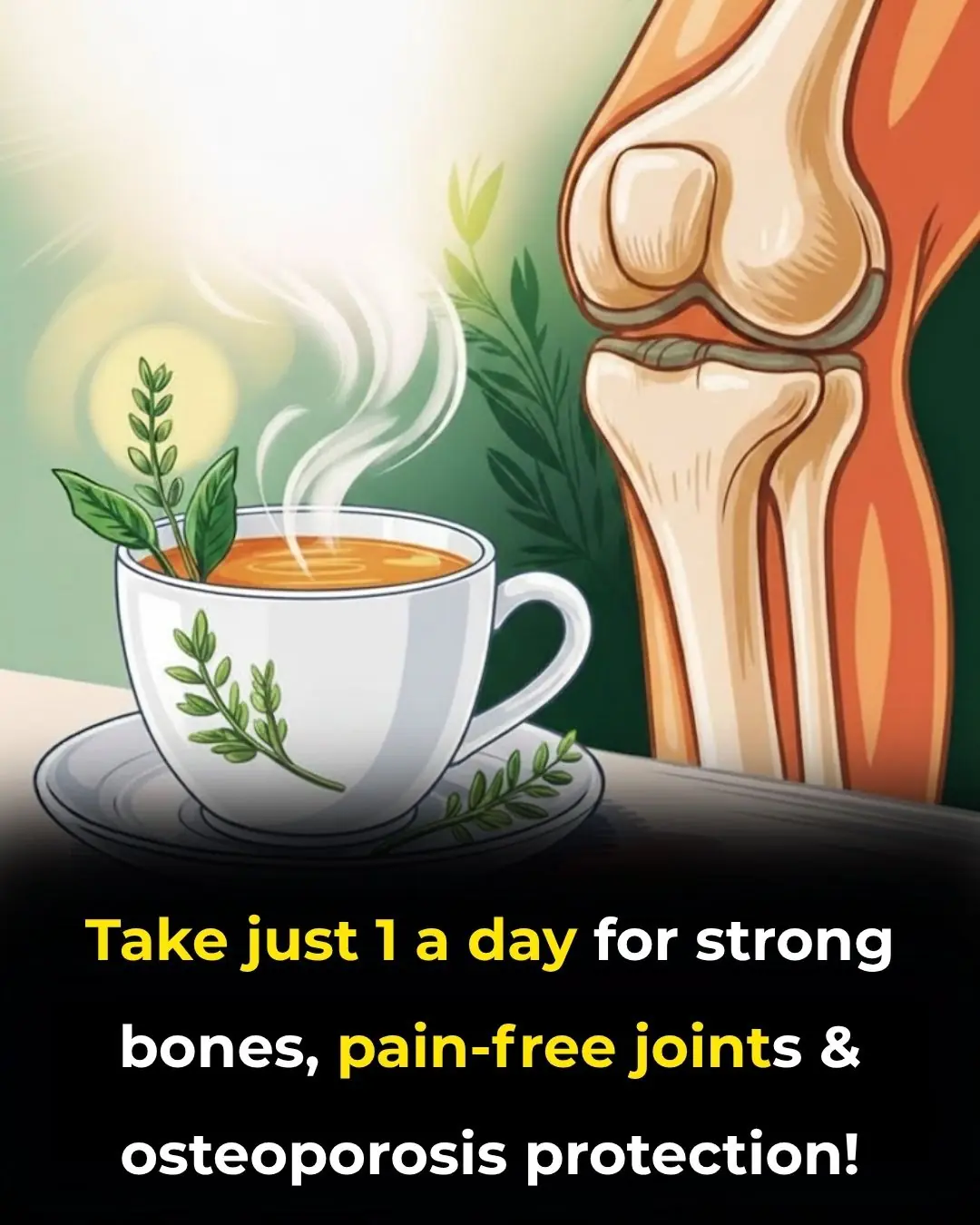
Take just 1 a day for strong bones, pain-free joints & osteoporosis protection!

Similar To Opium: The Best Natural Painkiller That Grows In Your Backyard

World’s deadliest cancer: 8 early warning signs every older adult should know

Eat okra every day? Here’s what happens to your body!
News Post

I PAID FOR A STRANGER’S GROCERIES TWO YEARS AGO—AND TODAY, I GOT THIS IN THE MAIL

MY MOTHER-IN-LAW DESTROYED MY DAUGHTER’S GARDEN – I MADE HER PAY THE PRICE SHE NEVER EXPECTED

I THOUGHT THE NEW NANNY WAS AFTER MY HUSBAND UNTIL I REALIZED SHE WAS AFTER SOMETHING MORE PRECIOUS

The dirty fan needs to be disassembled, do this for just a few minutes to clean it, clean the dirty fan. over

4 Signs It’s Time to Replace Your Water Filter Cartridge Immediately

Close or open the bathroom door for ventilation? It turns out many people still do it wrong

5 Foods You Should Never Combine with Pumpkin

Burn a few garlic bulbs and keep them in the middle of the house. It has great benefits that every family wants to do

If You See a Hole in a Pen Cap, This Is What It Means

With This Cream, My Grandmother Looked 35 at 65 – The Best Collagen Mask

Mimosa Pudica Tea: How to Prepare and Health Benefits

🍃 5 Reasons To Add Vinegar to Your Laundry – Safe, Natural & Effective

All lupus cases may be linked to a common virus, study finds

I Went To Pick Up My Wife And Newborn Twins From The Hospital — But She Was Gone, Leaving Only A Note

This little-known natural supplement may shrink artery plaque, study finds

Why Should You Flip a Honey Jar Before Buying It? 5 Expert Tricks to Spot Fake Honey

How to Survive a Heart Attack When You’re Alone: Immediate Steps You Must Take!

Reverse Premature Graying With a Simple Black-Dye Remedy Using Starfruit and Potatoes!
